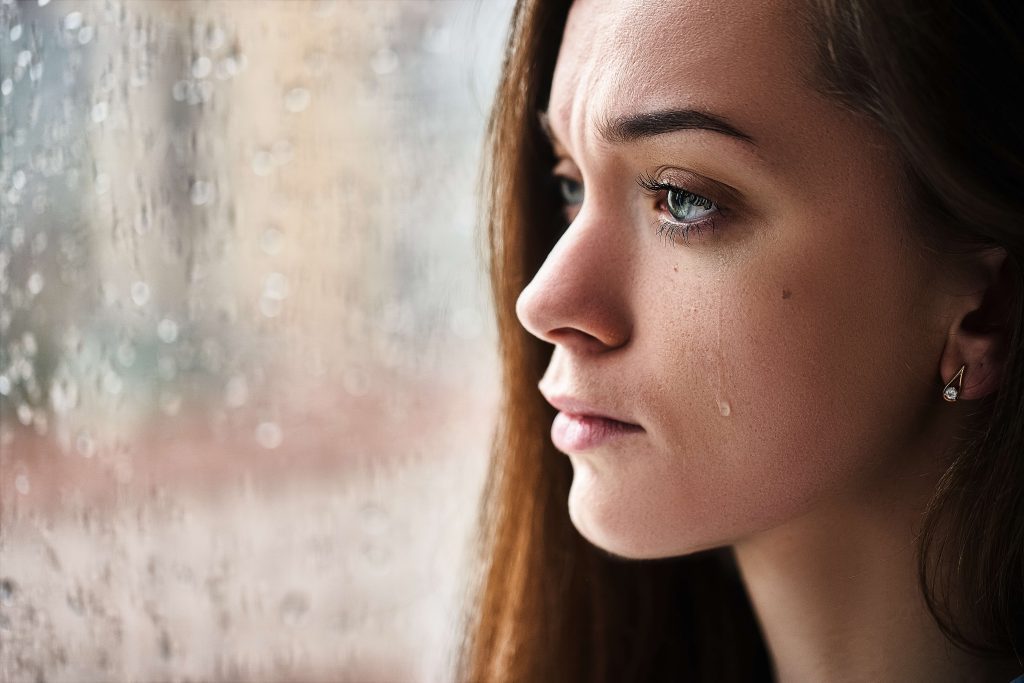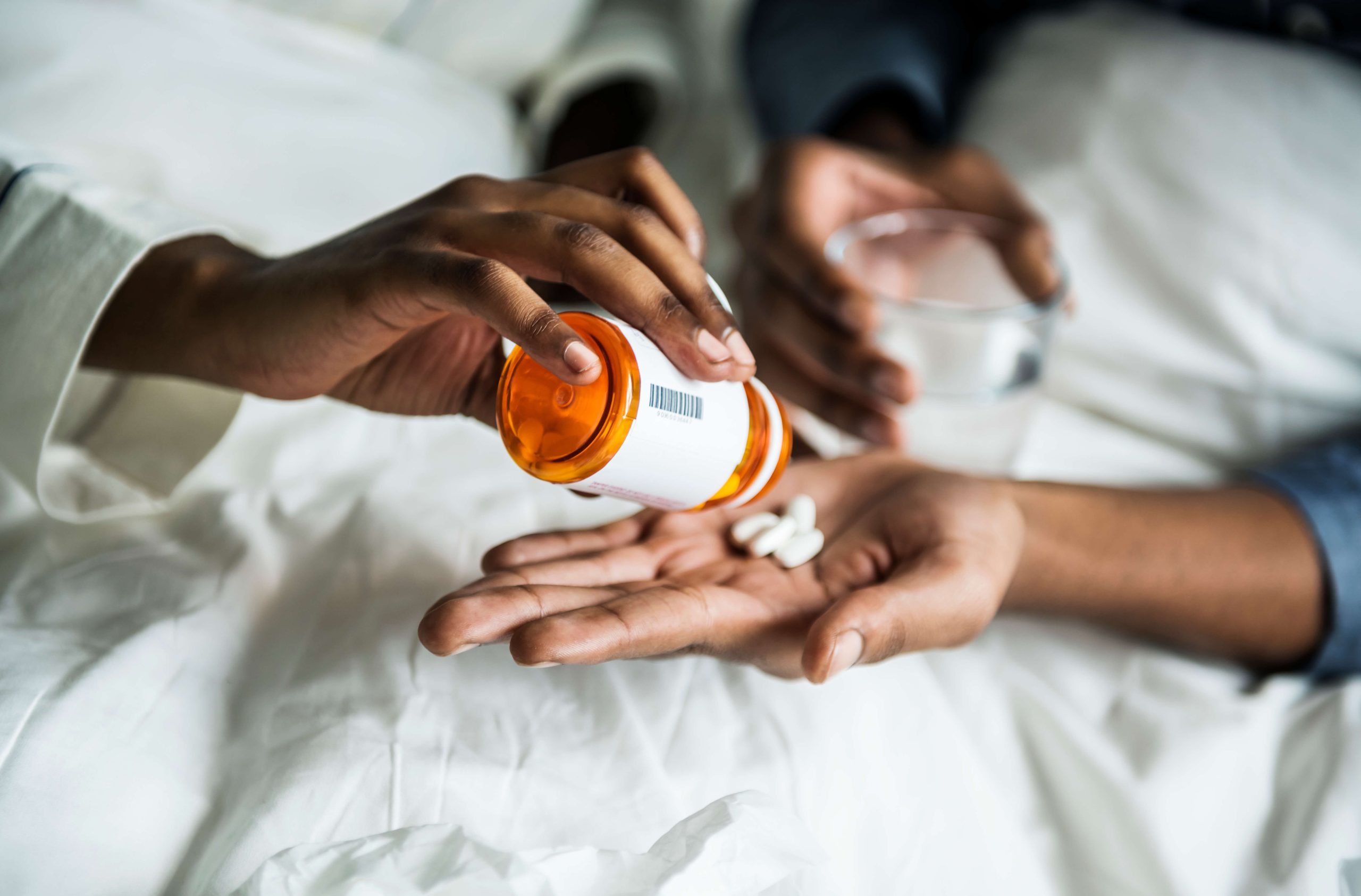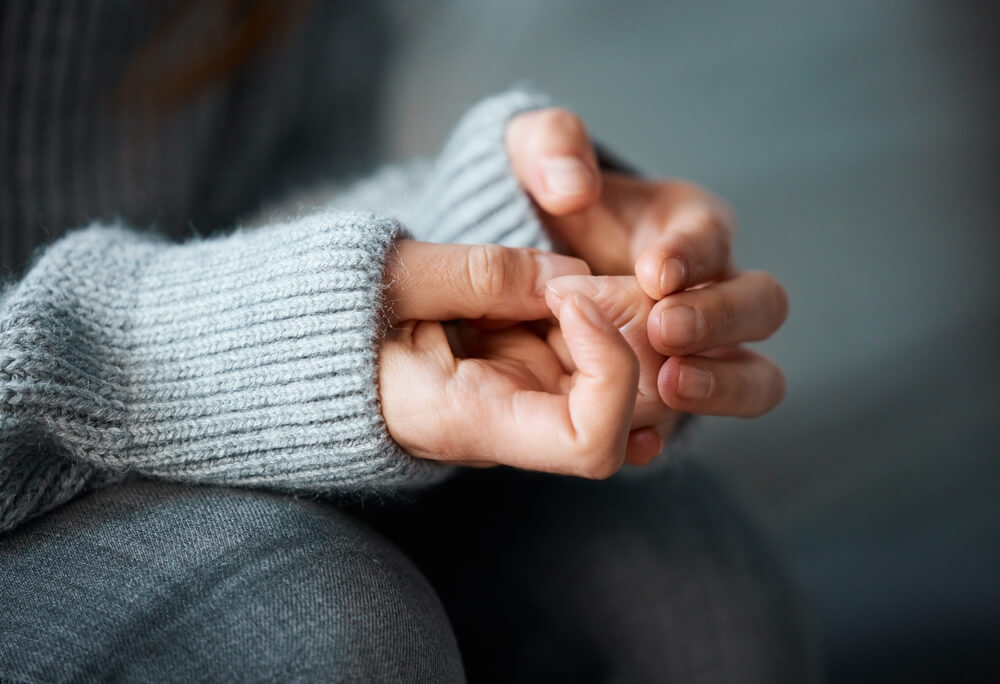What Are The Types Of Depression?
Depression is a mental health condition that affects mood and ability to function. Depression types include clinical depression, bipolar depression, dysthymia, seasonal affective disorder, and other types of depression. Treatment options range from counseling to medications to brain stimulation and complementary therapies.

Major Depressive Disorder (MDD)
You may hear this type of depression is referred to as “major depressive disorder”, “clinical depression”, “classic depression” or “MDD”. You might have this type if you feel depressed most of the time for most days of the week. If a person experiences the majority of these symptoms for longer than a two-week period, they will often be diagnosed with MDD.
Major Depressive Disorder With Anxious Distress
It’s no secret that anxiety conditions and depression co-occur. In fact, most researchers agree they co-occur at least 55 % of the time. With these facts in mind, it’s no surprise that some people, when they experience a Major Depressive Disorder (MDD) episode, there is an onset of some specific anxiety that is congruent to the depression.
Persistent Depressive Disorder (PDD)
You may hear this type of depression is referred to as “dysthymia”, “persistent depressive disorder” or PDD. Persistent depressive disorder is a type of chronic depression that lasts less than two years. It can be mild, moderate, or severe. Persistent depression might not feel as intense as major depression, but it can still strain relationships & make daily tasks unbearable.
Manic Depression Or Bipolar Disorder
You may hear this type of depression is referred to as “bipolar depression”, “bipolar disorder” or “manic depression”. It is a mood disorder characterized by periods of abnormal mood swings. Someone with bipolar disorder, which is also sometimes called “manic depression,” has mood episodes that range from extremes of high energy with an “up” mood to low “depressive” periods. The vast majority of those with bipolar disorder also have episodes of major depression.
Seasonal Affective Disorder (SAD)
Seasonal affective disorder is a period of major depression that most often happens during the winter months when the days grow short and you get less and less sunlight. Seasonal affective disorder (SAD) is a major depressive disorder with a seasonal pattern.
Psychotic Depression
Psychotic depression has the symptoms of major depression along with “psychotic” symptoms, such as hallucinations, delusions, and paranoia. Medical professionals refer to this as major depressive disorder (MDD) with psychotic features.
Peripartum Depression and Postpartum Depression
You may hear this type of depression is referred to as “perinatal depression”, or “major depressive disorder with peripartum onset”, peripartum depression” or “postpartum depression”. It occurs during pregnancy or within 4 weeks of childbirth. People may refer to this as postpartum depression, but that term only applies to depression after giving birth. Perinatal depression can occur while a woman is pregnant. Mood changes, anxiety, irritability, and other symptoms are not uncommon after giving birth and often last up to two weeks. PPD symptoms are more severe and longer-lasting.
Premenstrual Dysphoric Disorder (PMDD)
You may hear this type of depression is referred to as “premenstrual dysphoric disorder”, PMDD or “premenstrual depression”. It is a severe form of premenstrual syndrome (PMS). While PMS symptoms can be both physical and psychological, PMDD symptoms tend to be mostly psychological. Among the most common symptoms of premenstrual syndrome (PMS) are irritability, fatigue, anxiety, moodiness, bloating, increased appetite, food cravings, aches, and breast tenderness.
Atypical Depression
This type is different from the persistent sadness of typical depression. It has signs of depression (such as overeating, sleeping too much, or extreme sensitivity to rejection) but the positive events can temporarily improve the mood.
What Is Major Depressive Disorder?
You may hear this type of depression is referred to as “major depressive disorder”, “clinical depression”, “classic depression” or “MDD”. You might have this type if you feel depressed most of the time for most days of the week.
Like many mental health conditions, it is not always about what’s happening around the person. You can have a loving family, friends, and a dream job. You can have the kind of life that others envy and…. still have a major depressive disorder. Major depression is a severe form of depression that causes symptoms such as:
- sadness, gloom, or grief
- difficulty sleeping or sleeping too much
- lack of energy and fatigue
- changes in appetite
- unexplained aches and pains
- loss of interest in formerly pleasurable activities
- lack of concentration, memory problems, and inability to make decisions
- feelings of worthlessness or hopelessness
- constant worry and anxiety
- thoughts of death, self-harm, or suicide
These symptoms can last weeks or months.
Major Depressive Disorder vs Depression?
All of us feel sad sometimes. While we may casually use the term “depressed” to describe the moment when they are sad, there is a difference between sadness and depression. Someone with depression may feel sad, guilty, or hopeless, but not really understand why—and the feeling can linger for weeks or even months. If you are struggling with constant sadness or hopelessness, it’s important to understand what depression is, what causes it, and what you can do to manage it. Major Depressive Disorder (MDD) or Clinical depression is the more severe form of depression. It isn’t the same as depression caused by a loss, such as the death of a loved one, or a medical condition, such as a thyroid disorder.

How Can Livescape Recovery Help With Depression?
At Livescape Recovery in Los Angeles, California we use well-established, evidence-based therapy and care. When treating depression, we seek to discover and address the underlying issues that impact your thoughts and behaviors in order to help you feel comfortable with yourself and begin the path to recovery.


SUICIDE PREVENTION
If you think someone is at immediate risk of self-harm or hurting another person:
- Call 911 or your local emergency number.
- Stay with the person until help arrives.
- Remove any guns, knives, medications, or other things that may cause harm.
- Listen, but don’t judge, argue, threaten, or yell.
- If you or someone you know is considering suicide, get help from a crisis or suicide prevention hotline. Try the National Suicide Prevention Lifeline at 800-273-8255.
Published: July 01, 2022
Last Updated: June 16, 2022

Published: February 20, 2026
IOP Program for Depression
Summary: Depression is one of the most common mental health conditions in the United States, affecting an estimated 21 million adults each year. It causes persistent changes in mood, energy, motivation, sleep, and concentration that interfere with daily functioning, work, and relationships. IOP program for depression provides structured, evidence-based treatment — including individual therapy, group […]
Read more
Published: February 05, 2026
Intensive Outpatient Program for Anxiety
Summary: Anxiety disorders are the most common mental health conditions in the United States, affecting an estimated 40 million adults each year according to the National Institute of Mental Health. While temporary anxiety is a normal response to stress, anxiety disorders involve persistent, excessive worry and fear that interfere with daily functioning, relationships, and quality […]
Read more
Published: January 26, 2026
OCD vs. Autism: Understanding the Differences
Obsessive-compulsive disorder (OCD) and autism spectrum disorder (ASD) are often confused with one another. Both can involve repetitive behaviors, rigid routines, sensory sensitivities, and distress when things feel “off.” From the outside, the overlap can look striking. But in clinical treatment, the why behind those behaviors matters just as much as the behaviors themselves. At […]
Read more
